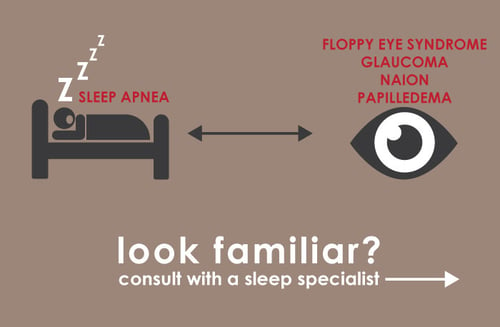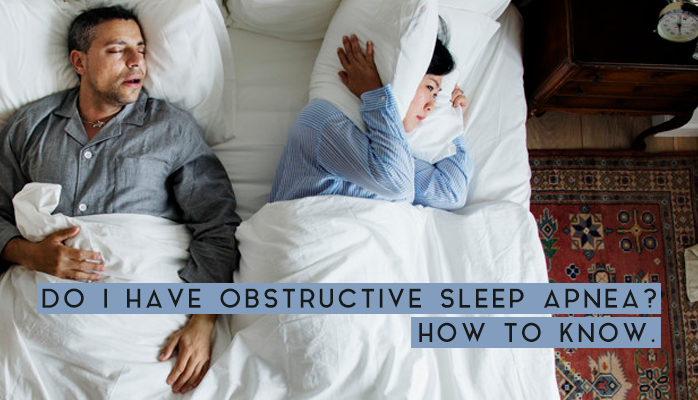What is Obstructive Sleep Apnea (OSA)?
Obstructive sleep apnea is a sleep disorder and potentially serious medical condition. OSA causes you to stop breathing for 20+ seconds many times throughout the night. Each time you stop breathing you rouse yourself out of sleep to begin breathing again, thus preventing you from entering the deep, restorative stages of sleep. However, in the morning you will not remember rousing, but will just feel extremely fatigued!
OSA causes you to stop breathing because your throat becomes obstructed when the muscles in the back of your neck relax, collapsing and blocking your airway. When this happens, your body subconsciously wakes up to resume breathing, interrupting your sleep.
Each cycle of this is called an apnea or apnea event. OSA can lead to moderate or catastrophic sleep deprivation, with well-known medical side effects.
OSA can be mild, moderate or severe depending on how many apneas you experience.
Obstructive Sleep Apnea Severities
Obstructive sleep apnea has different severities depending on how many apneas are experienced per hour. These ratings are based on rough estimates:
- Mild: 5-14 apneas per hour of sleep
- Moderate: 15-30 apneas per hour of sleep
- Severe: 30+ apneas per hour of sleep
Regardless of severity, the implication of these events is severe sleep deprivation, even with mild OSA. Severe sleep apnea may cause more noticeable symptoms and the treatments may be different as well, but the risk factors are generally the same for all three.
How to Identify Symptoms of OSA
Obstructive sleep apnea can go unnoticed for many years, especially in the case where you do not have a bed partner. A bed partner can be instrumental in identifying obstructive sleep apnea because the two hallmark symptoms of OSA are things that the OSA sufferer is not going to notice:
-
Repeated episodes of not breathing throughout the night
-
Chronic, loud snoring
If you are awake near someone with sleep apnea, the snoring and periods of not breathing are quite noticeable. Beyond this, there are other symptoms that you will likely notice if you have OSA and can be very helpful telltale markers:
 OSA is also associated with other medical diseases, such as above
OSA is also associated with other medical diseases, such as above
- Restless sleep
- Morning headaches
- Daytime fogginess
- Severe daytime sleepiness
- Chronic irritability
- Depression/anxiety
It is likely that even if you don’t have a bed partner, someone will make you aware of your chronic snoring. If this is the case, you should pay attention to other symptoms to try and identify whether or not you simply have a snoring issue or if there are other causes at work.
Dangers of OSA
Risk of OSA are numerous and serious, and are caused by chronic sleep deprivation. Some of the main risks are:
- High blood pressure
- Diabetes
- Stroke
- Heart disease
- Depression
- Reduced cognitive performance
- Reduced stress management
- Shorter life expectancy
- Lower quality of life
- Lower performance in many areas of life
How to Treat OSA
For most cases of OSA, CPAP therapy is mainstay treatment. However, CPAP therapy may be prescribed only after other options are explored [resmed]:
- Lifestyle changes, in the case of unhealthy eating, drinking, tobacco use, and exercise habits
- Weight loss for those who are overweight
- Changing sleep position, in the case where you sleep on your back
- Medication changes, in the case where you take certain medications
- Surgery (rare), in the case where anatomy is the cause
CPAP therapy, or Continuous Positive Airway Pressure, is a small, rectangular box with a motorized fan inside and an adjacent humidifier. The small fan inside delivers gentle, positive pressure through a connected hose to the breathing mask. This results in no more lapses of breathing at night because the positive air pressure keeps your airway open.
If you live in Alaska, and are concerned that you or a loved one has sleep apnea or has already been diagnosed, please take this free online sleep test and talk with one of our health professionals.


